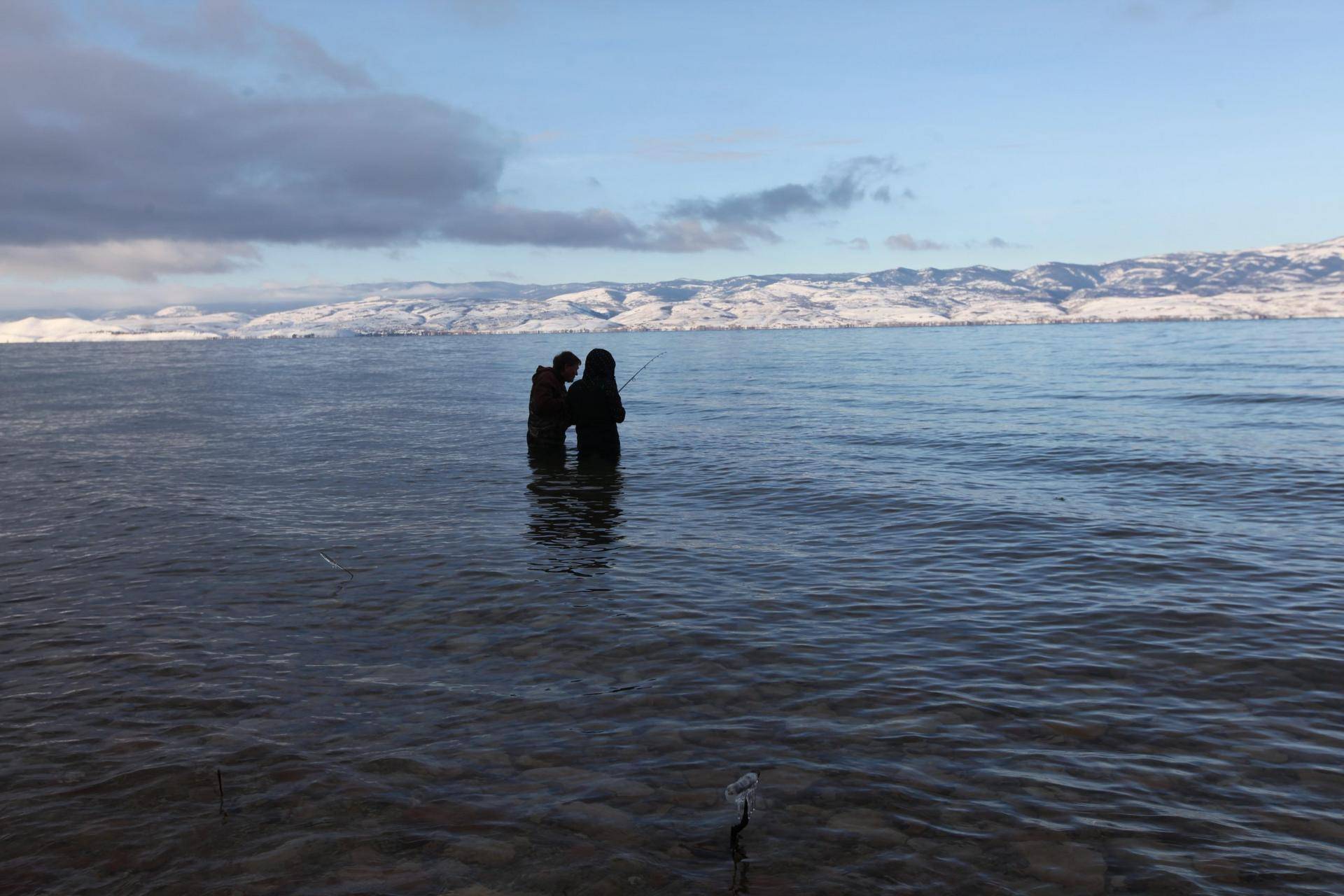DWR News Release
The Utah Wildlife Board approved a few changes to fishing regulations, as well as some additional items, during its public meeting Thursday.
2022 fishing recommendations
The Utah Wildlife Board approved a few changes to some fishing regulations for two northern Utah waterbodies. The changes include:
-
Removing the regulation within the current two-fish limit at Bear Lake that requires all cutthroat trout or trout with cutthroat markings that have all fins intact to be immediately released. Anglers will now be able to harvest any two trout from Bear Lake, regardless of whether the fish have fins intact or not.
-
Extending the fishing closure at the new Willard Bay Pond until Sept. 1, 2022 at 6 a.m. in an effort to allow the newly stocked fish there more time to grow and spawn. The following daily fish limits at the Willard Bay Pond were also approved: five bluegill, one channel catfish and one largemouth bass. The new limits will go into effect once the pond is open to fishing.
“The proposed Bear Lake rule change was developed in cooperation with Idaho Fish and Game and will help us stay consistent with their rules for their side of the lake in order to simplify things for anglers,” DWR Northern Region Aquatics Manager Chris Penne said. “This rule was initially implemented when biologists set out to increase the natural reproduction of Bear Lake cutthroat trout in the early 2000s. Those efforts have been successful, and our own data, as well as a study completed by the University of Idaho, demonstrates that we can now maintain the same quality of fishing for cutthroat trout while allowing anglers the opportunity to harvest fish that have their fins intact.”
Once-in-a-lifetime species recommendations
A few changes were also approved for the once-in-a-lifetime hunts in Utah, including the following:
-
Combining the Zion Unit bighorn sheep hunts into one hunt due to decreased permit numbers.
-
Adjusting boundaries to create two new bison hunting units in the Book Cliffs.
Conservation permits
The wildlife board also approved the audit and annual report of the 2021 conservation permits and the allocation of the 2022-2024 conservation permits. The conservation permits are offered to conservation and sportsmen’s groups who then auction them at banquets, fundraisers and other events. The conservation groups provide 90% of the money raised from these permit sales toward conservation and research projects like habitat enhancement, wildlife transplants, aerial surveys and deer-survival studies. The remaining 10% of the proceeds are retained by the conservation groups to help cover administrative costs.
You can watch the full wildlife board meeting on the DNR YouTube channel.

